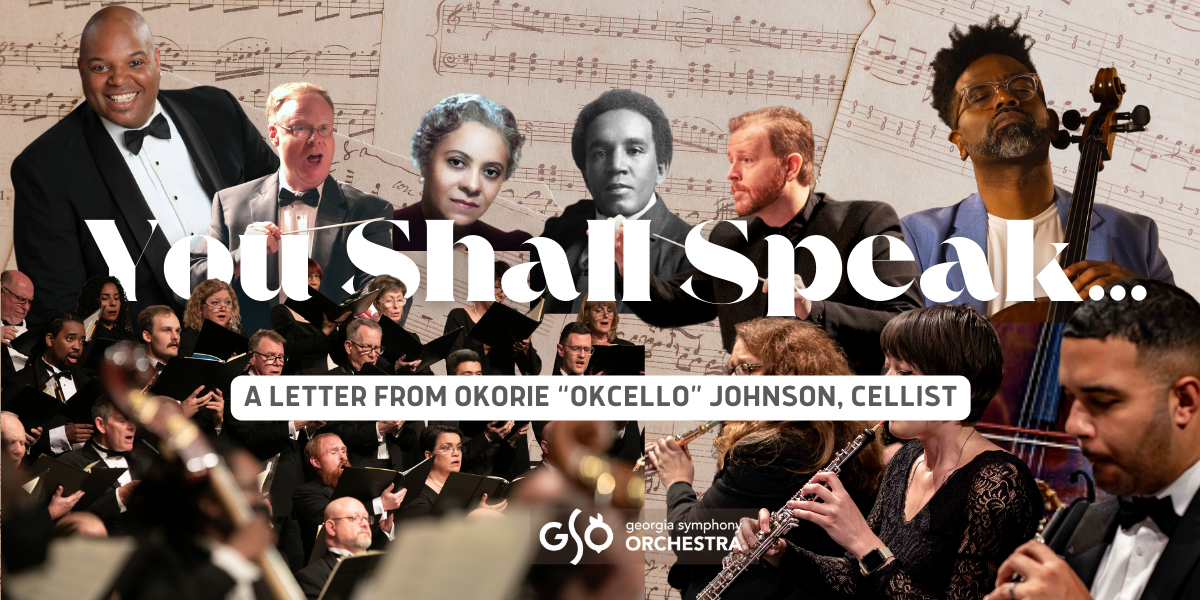Dear GSO Patron,
I encountered the word “Liminal” for the first time when I was in grad school in 2005. It seemed such an elegant and beautiful distillation of a complex concept into a single, pleasurable utterance. It’s two definitions:
1. Occupying a position at, or on both sides of, a boundary or threshold. “I was in the liminal space between past and present”
2. Relating to a transitional or initial stage of a process. “that liminal period when a child is old enough to begin following basic rules but is still too young to do so consistently”
I then also realized that it had been hiding in plain sight for much of my life in the word subliminal: at the intersection of the conscious and unconscious mind. The word, the concept, the sound of it all stayed with me then, though it would be more than 10 years later before I would find a use for it as the title of my most personal song and first album and more than 17 years later before it would become the title of the concerto that you shall hear on 2/25 and 2/26. I feel the need to explain the word’s relevance to the music and its significance in my life.
I have always found myself between worlds – the black middle class community of my Washington DC neighborhood and the white affluent community of my prep school; the very sports-oriented cultures of my family and school and the very musical culture of my orchestra and music groups; the very classical nature of my orchestra friends and the very rap, gogo, funk and rock orientation of my close friends. It was difficult to stand on the borders between those worlds as a child. However, that has now become a superpower that I am proud of and that I depend upon. It helps me to see beauty in many different places and helps me to speak truth to power when I have the opportunity.
For many black people in this country, both historically and now, liminality is the story of our existence and survival. The ability to travel between worlds helps us to feel as though we can keep our families safe when negotiating the certain terror of racism and oppression and to succeed when opportunities require that we be legible to White Institutions. It’s a multiple fluency and a practice of making beautiful things out of difficult circumstances.
The concerto I will play for you, I believe, reflects all of this. The pieces that I wrote, and Timothy Verville so beautifully orchestrated, are rooted in African Diasporic musical elements: pentatonic scales, polyrhythmic bass lines, call and response, afro cuban sonic sensibilities. And at the same time, they honor classical approaches to melody and phrasing. The European form we are taking liberties with, the concerto, is simultaneously holding space for concepts like groove and specific West African percussion cadences that share the spotlight with the ensemble rather than solely highlighting the soloist.
And so, as you listen to this piece, I hope you can hear or rather feel the ways in which it is stretching, bending to play with and include voices not typical to this tradition, that you can hear the fullness of the American experience and all of its origins that start on lands other than this one. I hope that you can feel how music can magically recontextualize what we think we know, and I hope that you can hear a little Black boy finally feeling at home, as all of his worlds come together just this once, in this city that satellites Atlanta.
Most of all, I hope that you have a new or a different relationship with the word “liminal” and the concept it represents, and I hope that when you consider this program of Black composers you feel as alive and engaged traveling to their worlds, as we, the composers, must in order to find and make the beauty that sustains our lives.
Best,
Okorie “OkCello” Johnson


